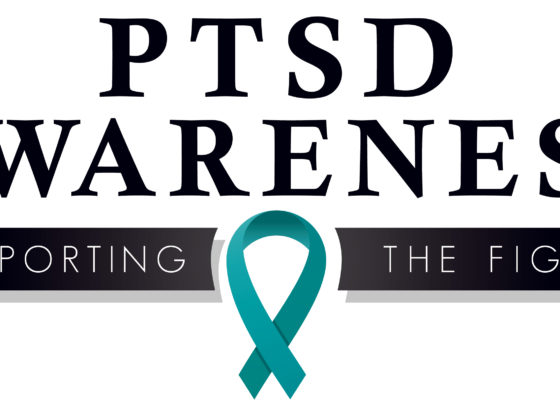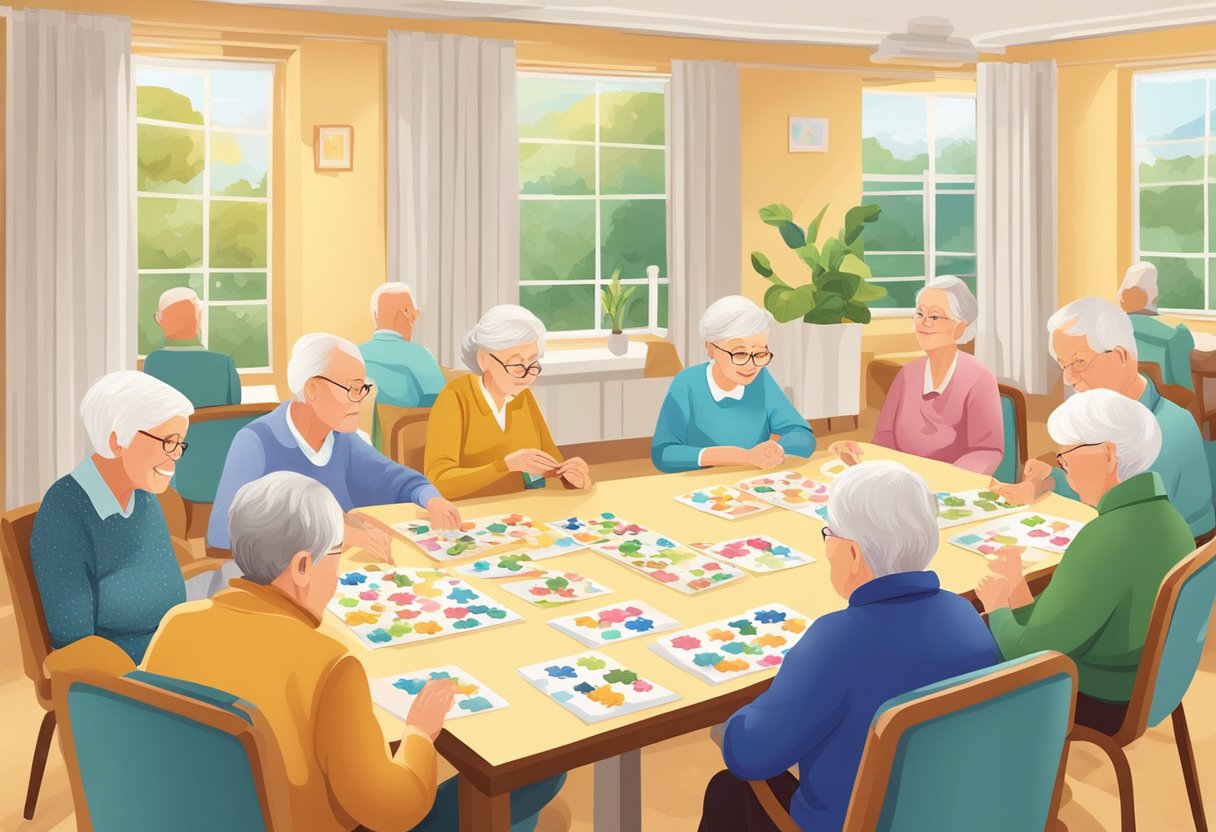Post-traumatic disorder (PTSD) can affect any regardless of age. However, the risk is more for aging adults. PTSD amongst aging adults is common since almost all the seniors might have come across a traumatic event in their past life. For example, aging adults who served the military would have experienced a lot of challenges. That can affect their old age. In brief, we can say that a traumatic event in the past can lead to PTSD. Needless to mention, everyone goes through a traumatic event more than once in a lifetime.
If you are an aging adult, you might be thinking about how to manage the PTSD and prevent the possibility. You cannot reduce the risk to 100%. But yes, you can protect yourself by following some preventive measures that will minimize the impact. In this article, we will know more about PTSD and how it affects aging adults. Go through the following to make your retirement more fun, easy, and stress-free.
What is PTSD?
PTSD is a psychological disease that affects your brain. If your brain is affected, it will be hard to cope with the ongoing challenges that you normally experience in your aging years. As stated earlier, everyone can suffer from this mental condition even at a young age. When a person experiences a natural disaster, car accident, life-threatening condition, or sexual assault, he/she can have this mental problem. You might start feeling better after a few weeks even without medical intervention. In some cases, the condition might be chronic. If this is the case, it is better to consult a medical professional to know the possible treatment.
It is noteworthy that you will not experience PTSD after losing your job or performing poorly in your exams. The condition is directly related to a traumatic experience.
Who Is At The Risk?
The cases are more in aging adults and women. Also, everyone will not experience this mental problem after going through a distressing event. We have many seen many people who have never experienced PTSD in their lifetime. If you have strong family support, you might not go through this condition. An emotionally stable person might not experience this problem as well. You can have this mental condition with a family history of PTSD.
PTSD in Aging Adults
Aging adults are at a higher risk. They can develop this condition following a traumatic event. Also, they can develop symptoms when they revisit their past. As stated by the US Department of Veterans Affairs, it is more challenging for seniors to cope with the memories of their earlier trauma. The mind reacts differently and it cannot function at its best at the old age. Any stressor can trigger the condition. An aging adult can develop PTSD after a cognitive impairment, losing a loved one, decreased social support, and after retirement. The decreased sensory abilities, reduced income, health problems can also cause functional decline.
Aging comes with a lot of complications especially when you have no one around to take care of your emotional health. You will start feeling lonely and some common health issues will make the condition worse. More importantly, you might not have a stable income source. All these things will affect your brain functionality leading to PTSD. However, you can manage the symptoms and prevent reoccurrence with a conscious effort.
How to Manage Symptoms in Aging Adults
There are many ways to manage PTSD. We can take mediations to restore brain chemicals imbalance. Also, we can join a group to get emotional support. A support group will help you to come out of that trauma and isolation. When aging adults communicate with each other, they can handle the symptoms easily. They can also consider psychotherapy. It will help to minimize some specific symptoms such as hyperarousal. It can be effective to control the mind to revisit traumatic experiences in the past. They need to come out from that fear gradually. It is only possible when they will share their fear and anxiety and will get emotional support to fight the mental loneliness that affects many people in their old age.
PTSD can be persistent when left unaddressed. Whenever you experience any symptom, you should take medical help as soon as possible to prevent further deterioration. Treat your condition and make your aging years more relaxing and less stressful.



